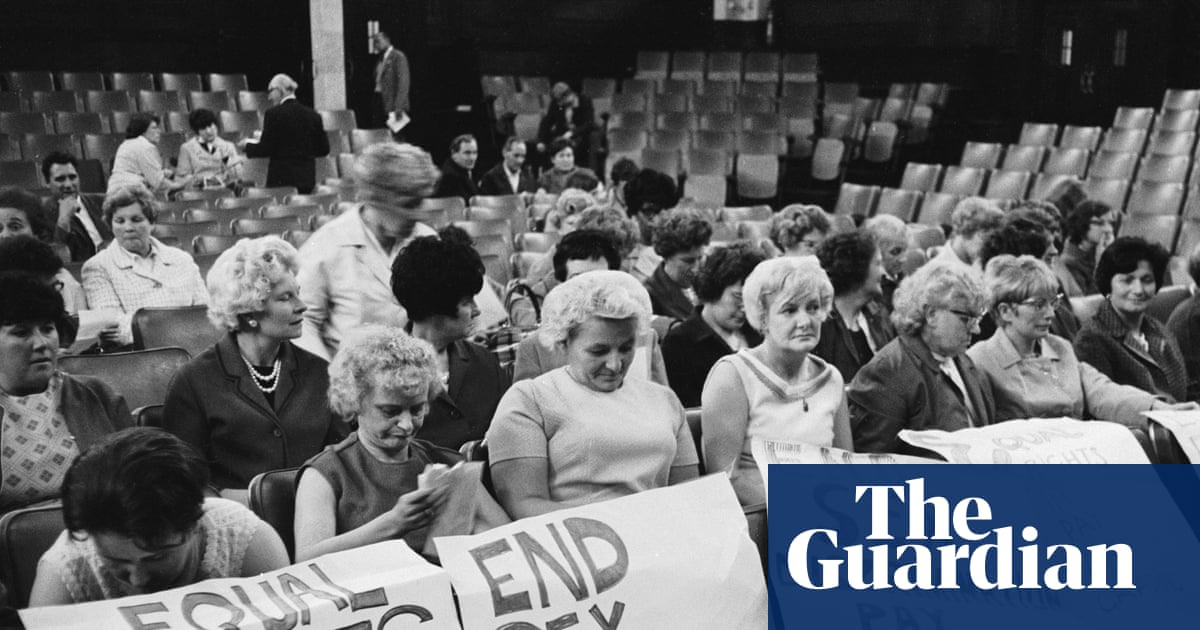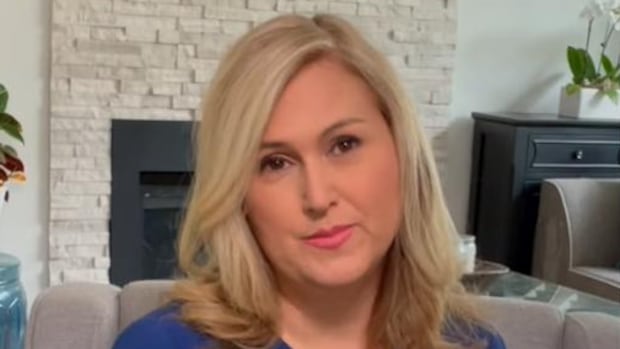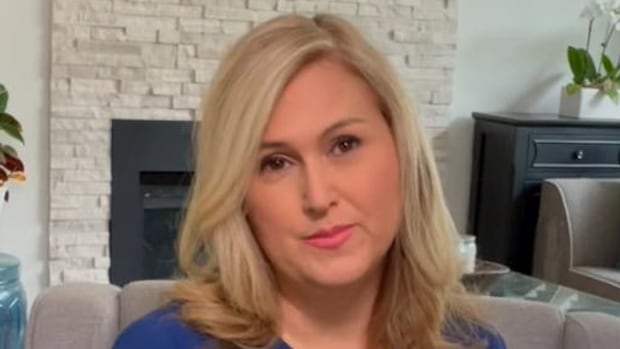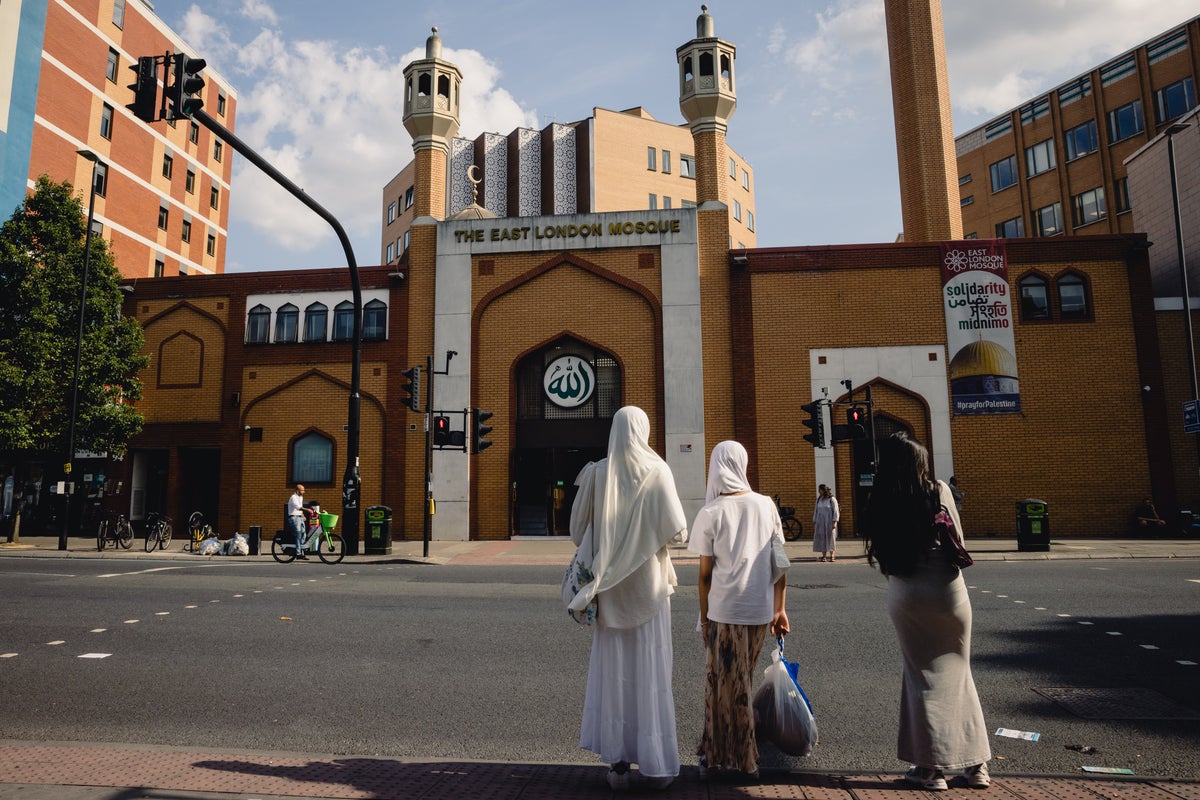Miscellaneous
fromwww.theguardian.com
1 day agoNew UK border rules for dual nationals are discriminatory against women, campaigners say
UK entry rules forcing dual nationals to use a British passport or costly certificate disproportionately disadvantage women with differing name conventions in Greece and Spain.











